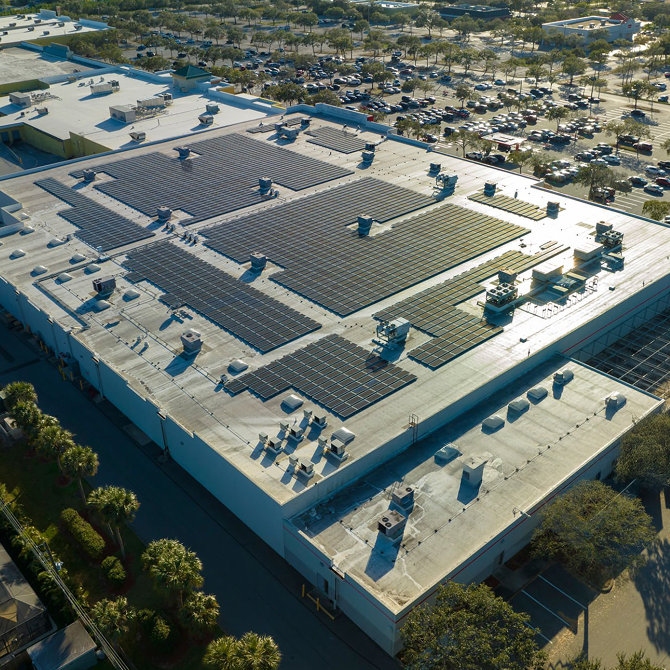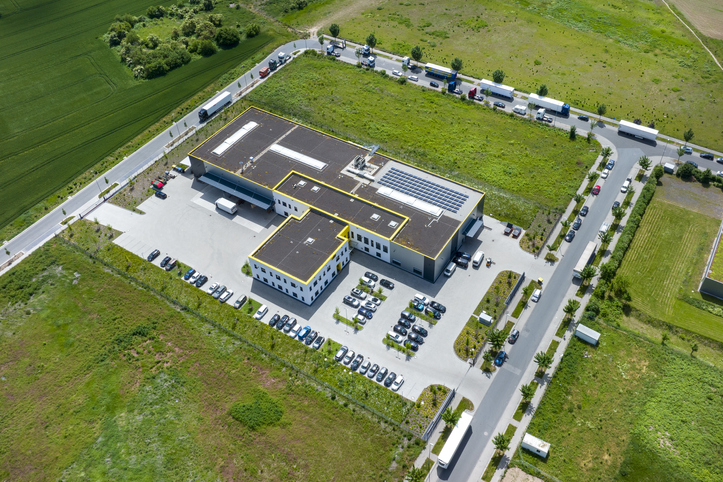Our Sustainability Commitment
Responsibility starts internally
We work to reduce our footprint in business travel, energy usage, and IT operations across our global organization.

Impact shapes every deal
With Tacton sustainability solutions, manufacturers gain visibility into their product impact, making a sustainable future a reality at every step of the buying journey.

Efficiency drives production
Smart configuration gives you the tools to eliminate waste and build exactly what’s needed without oversizing.
Our Sustainability Commitment
Our sustainability focus areas
We drive sustainability by focusing on how we operate, build, lead, and influence the industry.
Internal operations
In addition to environmentally friendly work practices, we provide sustainability training and foster a workplace where people and purpose can thrive.
Product innovation
Our Environmental Footprint Configuration (EFC) is first-of-its-kind in CPQ, helping you integrate environmental data into sales and product decisions.
Thought leadership
We’re redefining how sustainability fits into B2B sales, enabling manufacturers to treat environmental data as a strategic selling point, not an afterthought.
Governance structure
Our sustainability efforts are guided by a cross-functional governance team, with progress owned and overseen by Tacton’s executive leadership.

Our Sustainability Journey, Progress, and Impact
Our progress

Reducing emissions as we grow
We’re lowering emissions intensity as we scale, starting from a 650-ton CO₂e baseline. To offset air travel, we invested in a sustainable aviation fuel production unit with Solarbelt Fairfuel GmbH.

Building awareness across the org
We’ve seen high engagement after launching training on sustainability, SDGs, and manufacturing regulations. A cross-functional network now supports strategy development and ongoing progress.
our goals
Our goal for tomorrow
We’re dedicated to measurable progress in reducing climate impact, building internal capability, and reaching carbon neutrality through focused action. These priorities guide how we invest, grow, and innovate—while reinforcing the role of sustainability across the industry.
Reduction YoY business travel climate impact (kgCO2e)
Carbon neutral emissions in 2025
Completion of sustainability training II
Resources
Explore related sustainability topics

Blog
Sustainability in Manufacturing Best Practices | Tacton
Discover how sustainable practices are transforming the manufacturing industry. Increase efficiency and reduce environmental impact. ✓ Learn more now.

Blog
Revolutionizing Renewable Energy Manufacturing with CPQ
CPQ for renewable energy manufacturing can make all the difference in quoting complex products for a new conscious buyer

Blog
Tacton's Environmental Footprint Configuration: Empowering Sustainable Manufacturing
Empowering sustainable manufacturing will be critical for manufacturers to succeed in the future. Find out how CPQ is helping the journey
